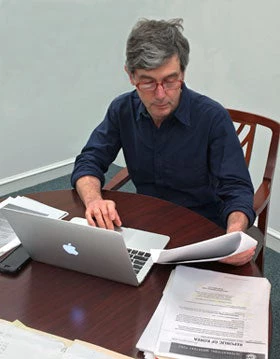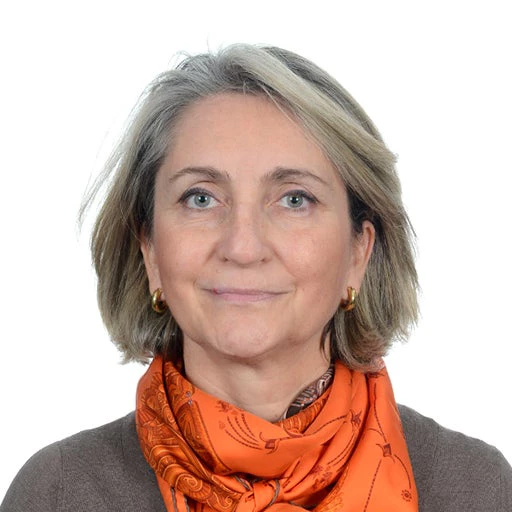
Elisa: Giovanni, what brought you to the Archives? What perspective do the historical records provide on development?
Giovanni: I became interested in World Bank information and later Archives while working as a consultant in the Development Economics Vice Presidency in the 1990s. At that time, my job was to research a series of topics that required the use of internal records to prepare missions to Africa and write Country and Regional Reports and Policy Research Working Papers. I was struck by the quantity and quality of information in those records and at the same time conscious that most of it — long-term analyses or personal remarks — would not be found in the final version of the official reports. These records captured the deliberative process of the past, dialogues, debates, unfiltered exchanges... Several years later, thanks to the new Policy on Access to Information, I was able to access historical records as a public user, and then publish the findings of my research.
Elisa: What was your more recent research about?
Giovanni: The rise of emerging markets during the 1960s-1990s. I began to “sample” records from the South Korea country files in the Archives. I was looking for clues in the records that time had transformed into primary sources to study economic, geopolitical, diplomatic, intellectual, and even cultural aspects.
Elisa: Were there any unexpected discoveries?
Giovanni: The records of the early 1960s provide an entry into a very decisive period when the World Bank started to advise Korea, something that emerges quite clearly from the correspondence among Bank and Korean officials and with other agencies. Records from the mid-1960s reflect a deepening of the relationship between the Bank and Korea. It was amazing to observe the increased confidence in the country and the “constructive partnership” between Korea and the Bank emerging from the more colloquial tone of letters, cables, and back-to-office reports. An increasing number of Korean officials were trained at the Bank’s Economic Development Institute in Washington where, as stated by a Korean official in a piece of correspondence, they acquired among other things a “worldwide view.”
Elisa: How did research in the Archives affect the outcome of your work?
Giovanni: It made me rethink the role played by individuals and their personal relationships in the design of policies — in this case exemplified by the building of trust between World Bank and Korean partners during training, missions, or during organization of international conferences. It is a crucial factor we tend to underestimate. We tend to believe that development is the result of careful design and strict adherence to economic models. What one should look for in the archives is the personal and often casual dimension of the development process.
Elisa: What advice do you have for researchers who would like to access the Bank’s records?
Giovanni: Overall, researchers should keep in mind that because of its global reach the World Bank Group Archives is a unique observatory on the history of the development community, its practices and policies. It is also a repository of knowledge and history for some member countries that could not preserve their own records for various reasons. The Bank has a wealth of information in its institutional memory — its Archives — and should treat it as an important “public good.”
Let us know in the comments section below if you have ideas on how the Archives can make knowledge from the past more easily available and relevant. If you are interested in topics related to the World Bank Group’s history, visit our list of Finding Aids. You can also search our Documents & Reports database to view research and project reports. Oral histories of former Bank staff are also searchable in the Documents & Reports database or can be found at the Archives’ Oral History website. These interviews are an especially rich resource for investigation into all sorts of Bank-related topics.


Join the Conversation